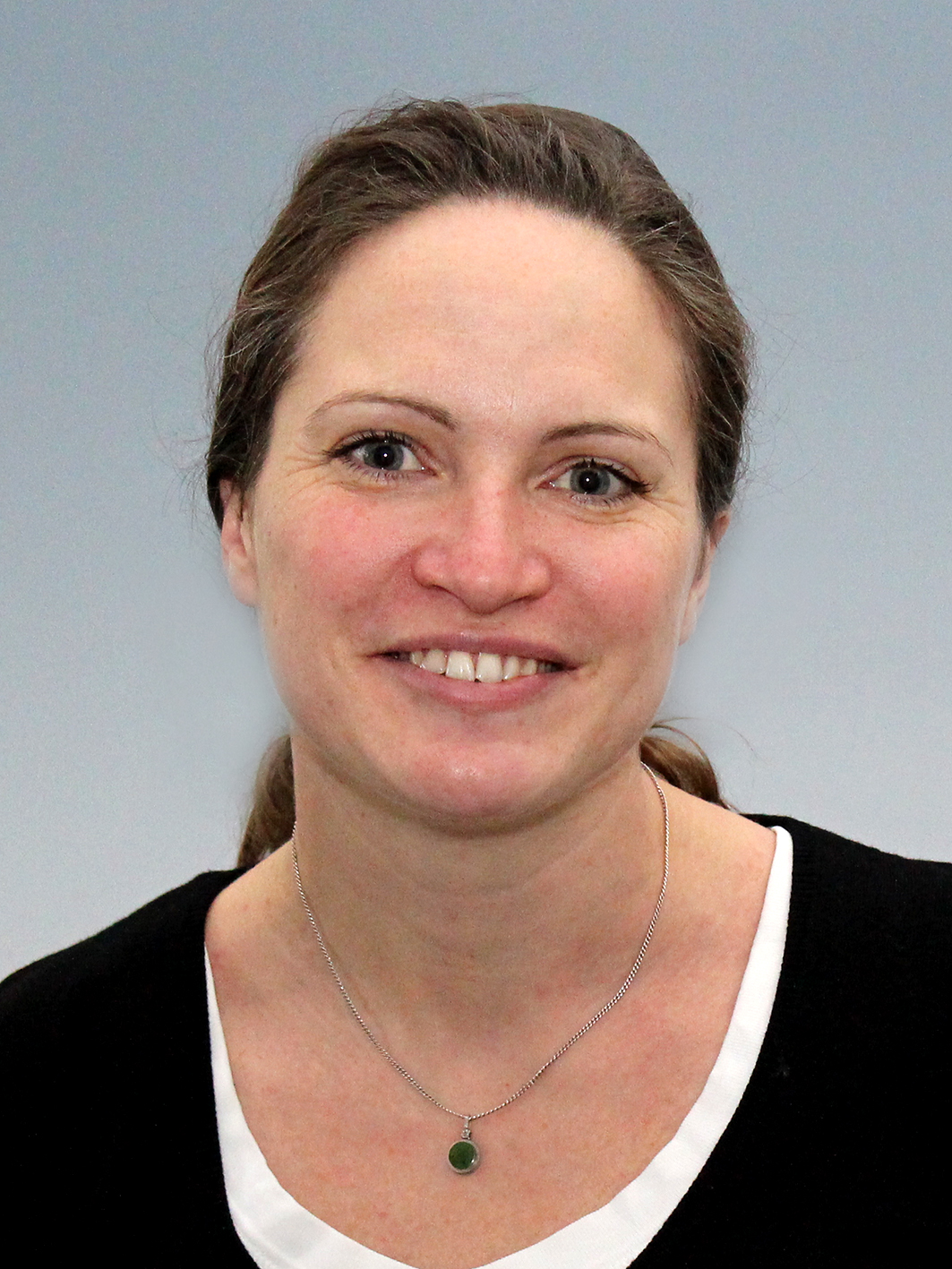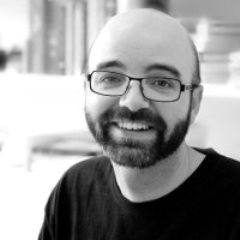Talk by Lene Aarøe and Joshua Skewes
Life history and cognitive processing: Do harsh and unpredictable childhood environments increase perceptual capacity?
Info about event
Time
Location
IMC Meeting Room, Jens Chr. Skous Vej 4, Building 1483-312
Organizer


How does growing up in a harsh and unpredictable environment shape basic perceptual and cognitive function? Are the effects always negative or can the sensory vigilance required when growing up in unpredictable environments lead to enhanced perceptual processing capacity in adulthood? What are the outcomes for cognitive processing further upstream in the cognitive system, for instance in attention? Is it easier for people from harsh and unpredictable backgrounds to process more information at once (better distributed attention to remain aware of threats), but harder to filter out task irrelevant information?
We explore these fundamental questions in our talk. At the theoretical level, we integrate past research on life history into cognitive science research on perceptual capacity: The lion’s share of studies on life history emphasizes that individuals growing up in harsh and unpredictable environments are more likely to face a range of negative outcomes as adults. However, extending recent research (e.g. Frankenhuis & Weerth, 2013, Mittal 2015), we argue that unpredictability during childhood may lead to some adaptive changes – in the form of deeper structural changes in selective attention and perceptual processing – which can equip individuals to better navigate volatile circumstances in adulthood.
To test this argument, we implemented a large-scale laboratory experiment conducted with a diverse sample of participants from different social backgrounds (n = 144). To measure selective attention and perceptual capacity we implemented a simplified version of Lavie’s (Lavie et al, 2004) visual search task (Forster et al, 2014). To measure individual differences in life history we implemented state-of-the art survey measures (see Simpson et al 2012, Griskevicius et al., 2011, 2013; Mittal et al., 2015; White et al., 2013). At the talk we present and discuss our findings from this study.
The research presented in this talk was conducted by Joshua Skewes, Lene Aarøe, Michael Bang Petersen & Julie Zederkof
Contact:
Associate Professor Lene Aarøe, Department of Political Science
Associate Professor Joshua Skewes, IMC and School of Culture and Society
